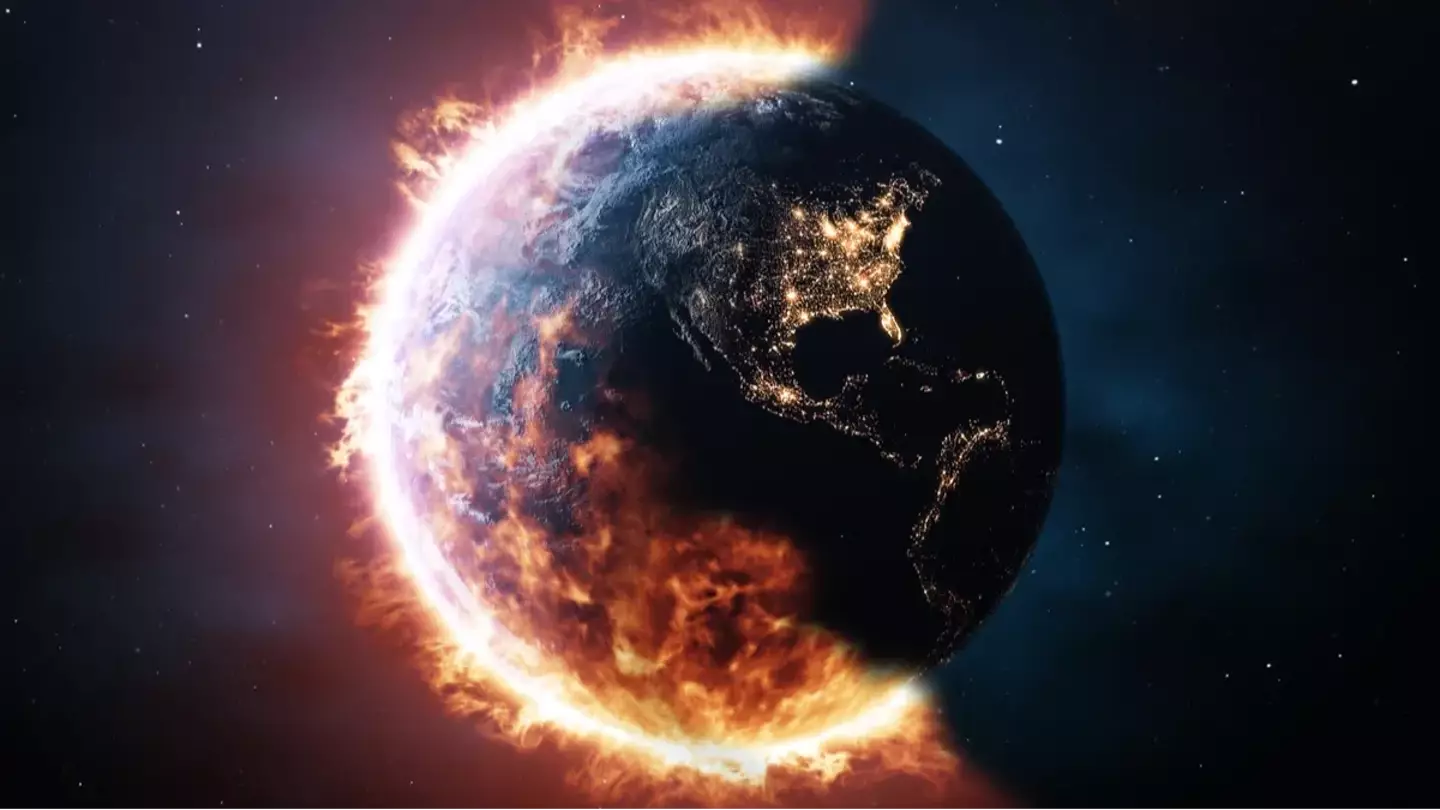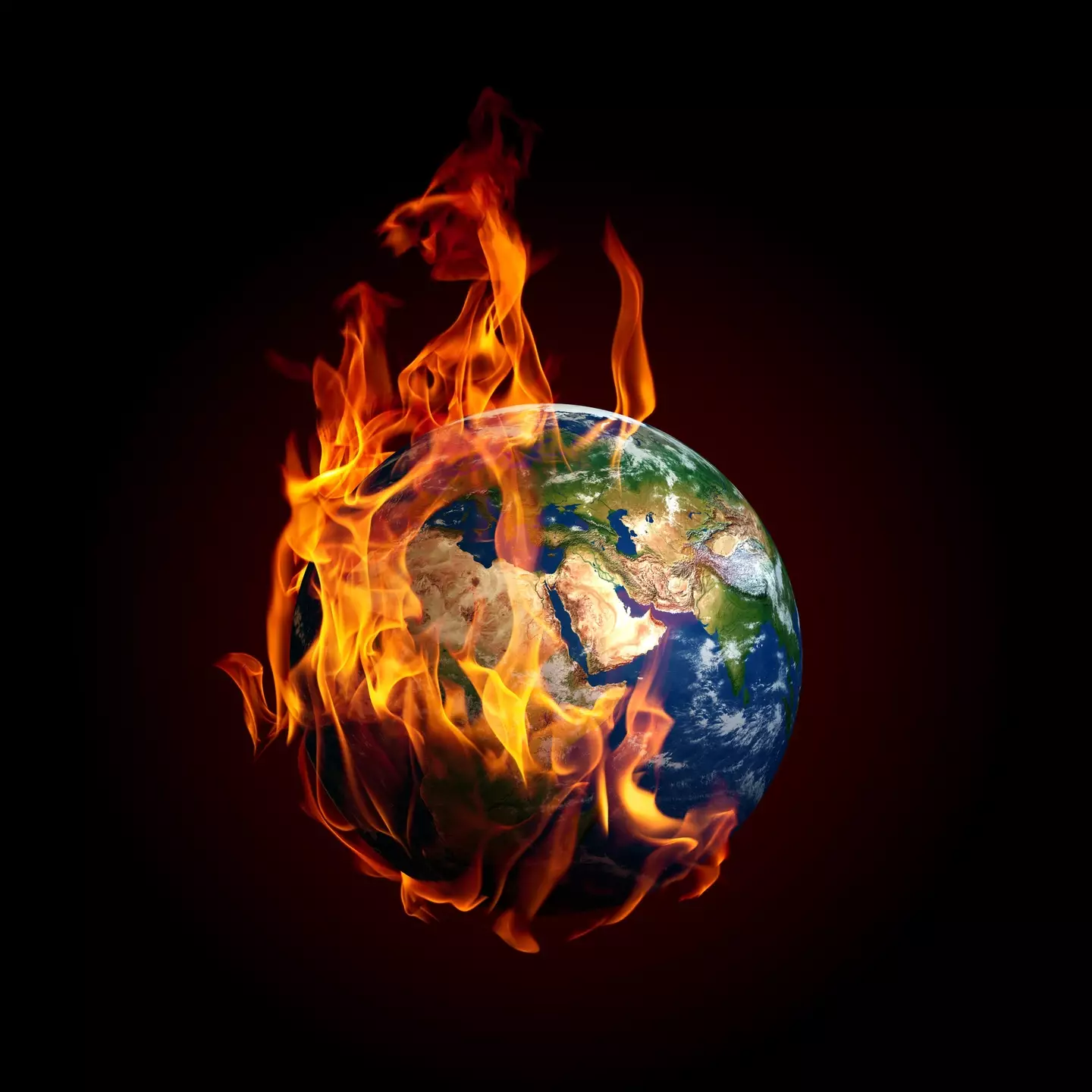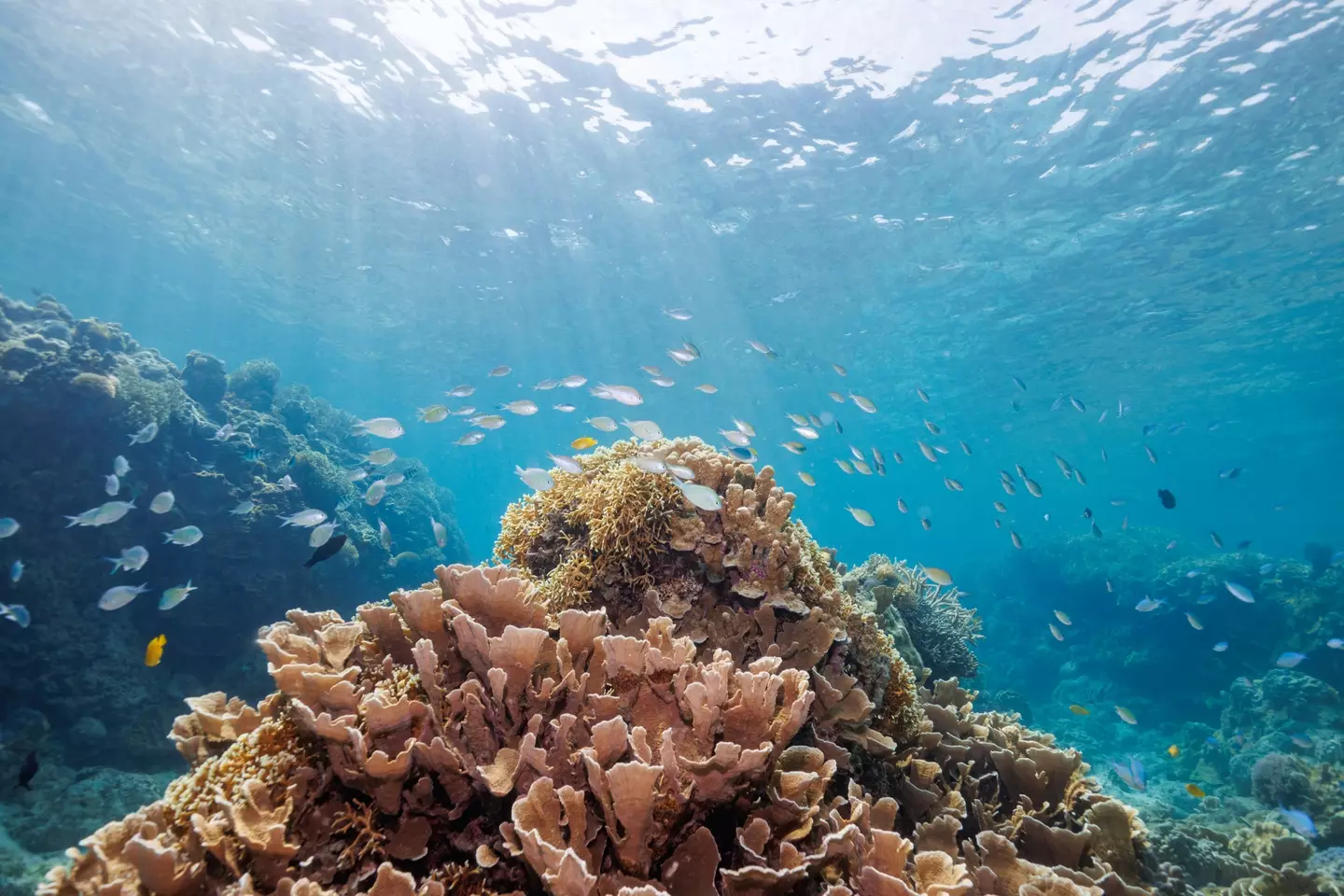
A terrifying new milestone has been passed that could spell disaster for the planet, with scientists issuing urgent warnings to take action to prevent against a chain of further destructive events taking place.
The authors of a new report published last weekend are sounding the alarm that it may be too late to save one key ecosystem on which a billion people depend in some way.
The US spends $1.8 billion in protecting these environments, which also have a total economic value of $3.4 billion, but it may be too little too late by this point.
“We are rapidly approaching multiple Earth system tipping points that could transform our world, with devastating consequences for people and nature,” said Professor Tim Lenton of the Global Systems Institute at the University of Exeter, one of the report’s authors.
Advert

With global warming on track to climb past 1.5°C (2.7°F), Earth has already reached its first climate tipping point - the death of coral reefs.
With coral reefs now passing their thermal tipping point, a quarter of marine life will be affected, and the scary thing is that it could signal the start of other irreversible tipping points.
The report, published by more than 160 scientists worldwide, estimates that warm coral reefs will be the first to go.
Since 2023, more than 80 percent of reefs have been hit by the most severe bleaching ever recorded.
Bleaching is when coral expels the symbiotic algae within it due to stress, turning it completely white. This leaves it more prone to stress and ultimately death.

Climate change and overfishing has caused bleaching since the 1950s, but this would take the bleaching to catastrophic heights.
According to Professor Tim Lenton, Director of the Global Systems Institute at the University of Exeter, it could be too late to save the coral reefs as we know them today.
With the planet being too hot to sustain them, large coral reefs like The Great Barrier Reef could become a thing of the past.
You might think of coral reefs as just vibrant colourful monuments under water, but they provide great coastal protection, support a huge amount of marine biodiversity, and fuel global economies worth trillions.
“We have now pushed [coral reefs] beyond what they can cope with,” said Mike Barrett, chief scientific advisor at WWF UK. Without a rapid reversal of global warming, 'extensive reefs as we know them will be lost'.
Other climate change tipping points are on the horizon
Coral reefs are just one piece of the puzzle. The report said the world is closing in on several other major tipping points, from the collapse of the Amazon rainforest to the breakdown of polar ice sheets.
Scientists also warned of the potential failure of the Atlantic Meridional Overturning Circulation, or AMOC, the ocean current system that regulates weather patterns worldwide. Its collapse could trigger deep freezes in some regions, droughts in others, and major shifts in monsoon rains.
“There is now a risk that collapse could occur within the lifetime of people born and living on the planet today,” Barrett added
While scientists pushed for urgent change, they did note that there is some positive environment news too, such as the widespread rollout of solar power, which could lead towards a sustainable future.
Other 'positive tipping points' include the large-scale adoption of greener steel production methods, electric vehicles, and battery technology expanding faster than ever.
